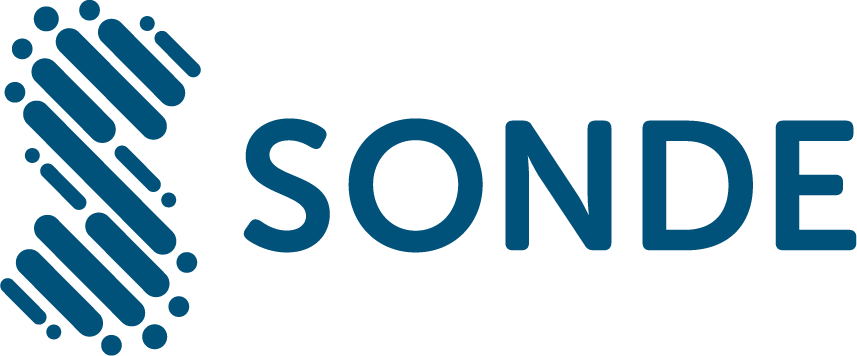By Eli Chavez – Inno Reporter, Boston Business Journal
With its launch into cognitive fitness, Sonde Health is redefining the phrase, “you don’t sound like yourself.”
The Boston-based health tech company, which spun out of PureTech Health, is a startup that aims to help its customers detect respiratory illnesses and mental health issues early through monitoring the sound of their voice. The company produces a biomarker, like a Fitbit or Apple watch, but one that tracks changes in a person's voice rather than their heartbeat.
Sonde’s vocal biomarker can either pick up on a user's voice passively, so long as the app is open on a phone, or actively with a 30-second audio message once a day.
“We want to find people when they're healthy and make sure that they know, understand what that looks like, and then begin to track it,” said David Liu, CEO of Sonde Health. “And if things start to falter, I always say, voice is a canary in the coal mine.”
Sonde Health is now launching Sonde Cognitive Fitness, which allows users to monitor brain exertion, or cognitive effort, in real-time by analyzing eight vocal characteristics: jitter, shimmer, pitch variability, energy variability, vowel, space, speech rate, and average silence.
Based on those measures, Sonde produces a score from zero to 100 for the user's cognitive fitness levels and provides a baseline for the user.
“We give three designations. Zero to 70 is 'pay attention.' Seventy-one to 80 is 'good,' and 81 to 100 is 'excellent,'” said Liu. “What we're doing is giving you a relative risk assessment of having symptoms of mental health disorders such as depression, anxiety, PTSD or bipolar disorder, we are not a digital diagnostic.”
Liu's goal is for people to discuss mental and cognitive fitness in daily conversations the same way Apple Watches and Fitbits have normalized speaking about heart rate or the number of steps taken in a day.
For an app that passively records conversations from your pocket, safety is paramount. According to Liu, Sonde uses edge computation to ensure that all the technology is local to the device using it, meaning that the processing and analysis of a person's voice only happens on their phone. Once the score is derived from the 30-second recording, the voice recording is deleted.
According to Liu, Sonde Health has been working on cognitive fitness for the past two and a half years, including performing clinical studies with Massachusetts General Hospital and Albert Einstein College of Medicine to ensure the product works properly.
Sonde was first founded by Jim Harper, a scientist at MIT's Lincoln Laboratory, and spun out of PureTech Health in 2016 after receiving an exclusive license from Lincoln Lab for the technology to analyze someone’s voice and detecting medical conditions. This past January, Sonde was selected by AFWERX (the innovation arm of the Department of the Air Force) for a Phase I Small Business Innovation Research (SBIR) award of $71,166.
Prior to that, in December 2022, the company announced a $19.25 million Series B, bringing the company to a total of $35.25 million.
The technology is not commercially available yet, as Liu says the company is working to build a scale prototype for the U.S. Air Force and GN Group, a company that makes hearing aids. The hope is to integrate Sonde's technology into those products.
“We're in the business of having people perform and do well at the height of their individual potential. And we believe that people live happier, longer, healthier lives if they can do that," Liu said.
